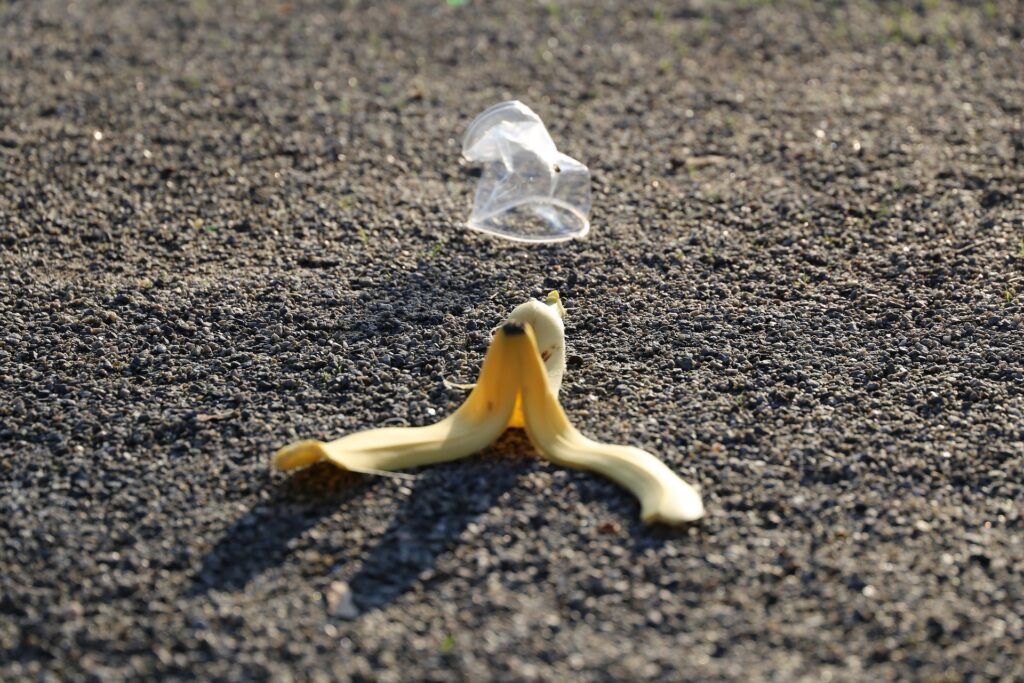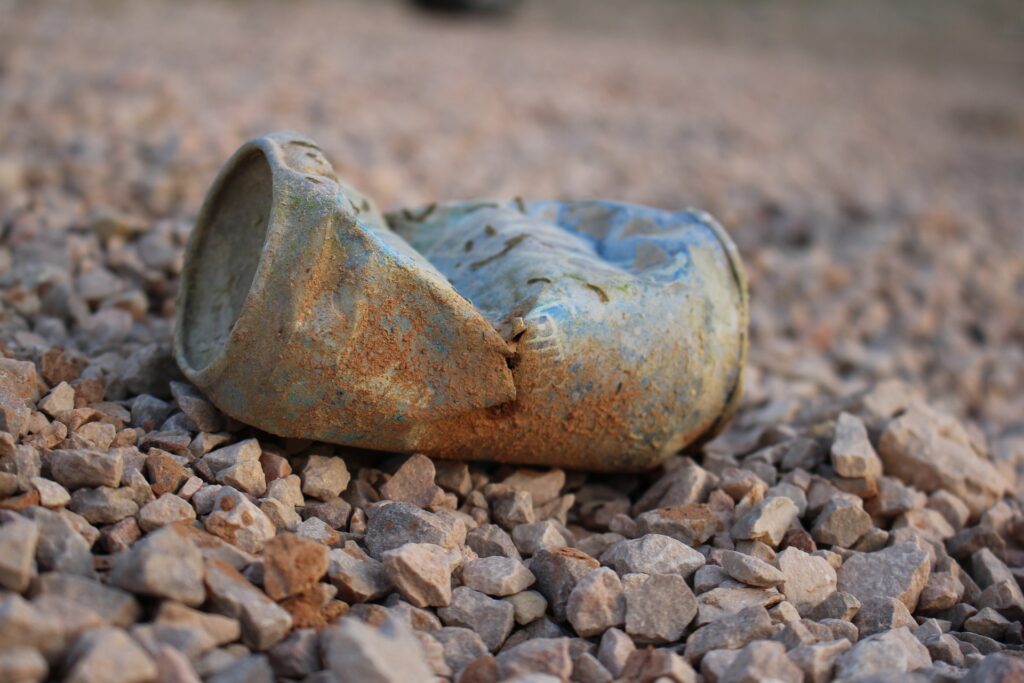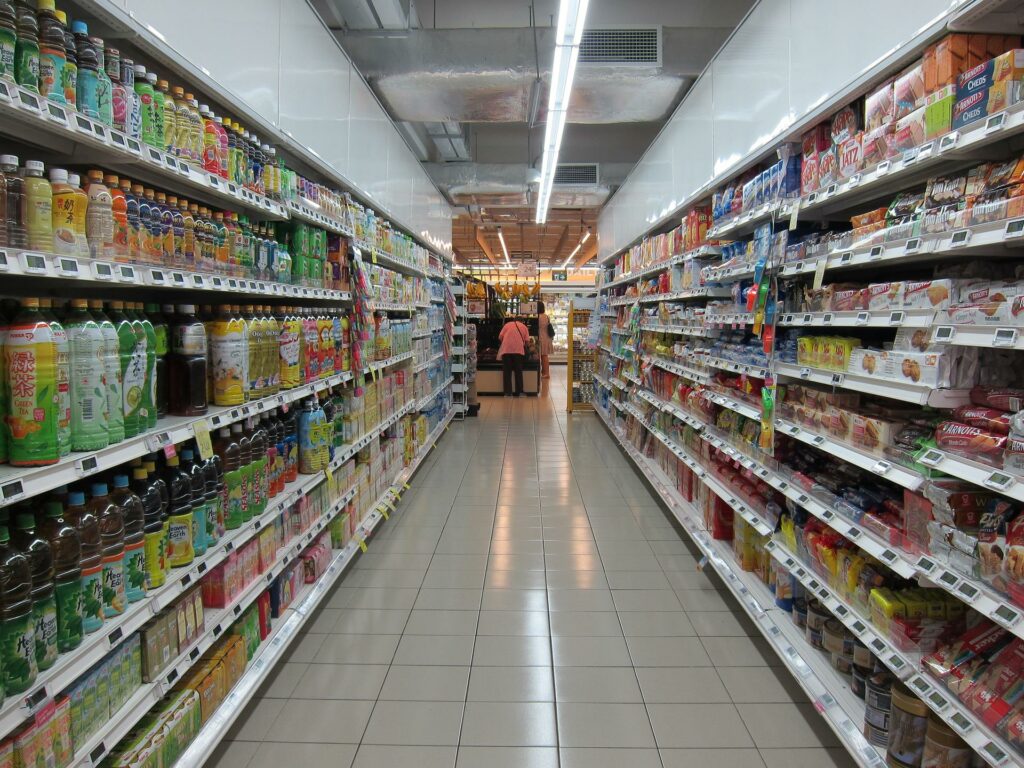How Avoiding Food Waste can Help Climate?
You must be taking every possible measure to do your part for the planet — from buying energy-efficient electrical appliances to switching to sustainable transport. But, even small mistakes can create a significant impact on the climate and environment. Food wastage, for example, is one of the biggest culprits of climate change. One-third of the food produced for consumption doesn’t even reach the consumer’s table, either because of getting spoiled during transportation or the customers throwing them in the trash. The worst part is that a considerable amount of this food waste (up to 96%) is thrown into landfills. This food breaks down to produce methane, a hazardous gas that results in climate change.
For people who are thinking of ways to reduce their carbon footprint, reducing food wastage is the best place to start. The lesser the food waste ending up in the landfill, the lower the percentage of methane emission, and the lower your carbon footprint. Most importantly, the production of food (especially packaged items) requires various resources. By throwing food in the trash, you are contributing to the pollution that occurs from growing and transporting the food. This leads us to the question, “what can we do, as individuals, to reduce food waste and protect the climate”?

Tips for Reducing Food Waste helps the climate
Food waste has become a common habit these days. People buy more food than they need, spoil the perishable foods at home, and then throw them in the trash. They take more portions than they can eat and throw away the remaining. Production and transportation of food involve many natural resources. By throwing away the excess food, you are wasting the energy and resources used for its production, not to mention the labor and investment. Food in large volumes is wasted every year at retail and consumer levels. Avoiding food wastage is important in a world where a large number of people stay hungry.
Sadly, we can’t do anything to avoid food loss that occurs when the food is wasted before it reaches the customer. But, we can take a few preventive measures to avoid food wastage at home. Even small contributions from each person can help the climate and the environment in many ways. Below we have listed a few easy and effective tips for reducing food wastage. Let’s take a look:
Buy the Food that’s Needed
As a consumer, you can contribute to the environment by buying food in limited quantities. Buy what’s needed, instead of stocking up on excess food just to save your trips to the grocery store. Now that most grocery stores are offering online delivery services, you can order food whenever you need it without having to visit the store. As tempting as a full refrigerator looks, there’s no point in buying food that will go to waste. Order food twice or thrice a week instead of ordering one-month grocery in advance. Multiple short trips to the grocery store are better than stocking up on your food supplies only to throw them in the trash.
Do Not Throw Food Away
Certain foods with mold can’t be used in any way. They need to be thrown into the landfills, as they are of no other use. 3 to 4 days old vegetables might be way too soft to be eaten. But that doesn’t mean they belong in the garbage. You can still use these foods in baked items or for making milkshakes and soups. If the food looks fresh, it can still be used (it doesn’t matter if it’s 2-3 days old). Before you throw it in the garbage, check if it’s fresh. Always keep a shopping list handy, so you know which items you need and which food you have in the refrigerator. Eating leftovers is never a bad idea, as long as the food is in good condition and it looks fresh.

Try FIFO Approach
FIFO stands for “first in, first out.” The idea is simple. You use the food you bought first and save the newly purchased food for later. Ideally, a refrigerator must be organized following the FIFO approach so that the food doesn’t go to waste. It mainly works for packaged items. The products close to the expiry should be placed in the first row so that you use them first, and the food you have recently bought should be placed at the back.
Not only in homes, but restaurants and grocery stores use this approach too. Besides that, how you store food also makes a difference here. If you have the habit of keeping the leftovers in the same can, it might be the reason why you end up with a considerable volume of food waste. You should transfer the leftovers to a proper container (ideally, a sealed container) so that you can use it the next day. Keep the temperature of the refrigerator at either 5°C or below.
Create a Shopping List
Going grocery shopping without a list is another reason why people buy food in large quantities and throw away the access. Creating a meal menu for the month and shopping accordingly will help you cut back on food waste.
A shopping list also makes shopping easier. Instead of having to scan the entire store, you can head to the sections that have food items you need for the month. It’s also easier to shop in advance when you have the meal for the entire month planned. It might take you some time to establish a perfect meal menu, but once you know what you need for the month, your food shopping will be a breeze.
Never Buy in Bulk
People buy food in bulk because of two reasons. One, it helps them avoid multiple short trips to the grocery store. Two, buying in bulk will save them a considerable amount of money. We have already mentioned how you can order food online or prepare a shopping list to reduce your trips for grocery shopping. There is no denying that buying a dozen oranges will be cheaper than buying a few pieces. But, what’s the point in buying bulk products when they go to waste?
You will only end up spending more in the long run. Keep a list of the perishable food that gets spoiled easily. If you have a small family, there’s no need to stock up on the perishable items unless you are sure you can finish them before it gets spoiled. Packaged foods that can last for months can be bought in bulk. For perishable items, it is best to order a few and buy again as soon as you finish the food in the refrigerator.
Freeze Extras
Sometimes, paying a visit to the grocery or ordering food online is not an option. If there’s something we learned from the COVID pandemic, it’s that we should keep our refrigerators filled with food that can last for at least 2-3 weeks. To preserve the food, store them in the freezer. Food, such as meat, vegetables, fruits, herbs, and other perishable products, can last longer when they are stored in the freezer. You can even freeze the prepared dishes and eat them later to reduce food waste.

Buy Locally
Instead of importing food from foreign countries, you should buy locally. Not only will it keep money within your community, but it will allow you to support the local farmers. You could easily find nearly every food item — from canned products to freshly grown meat and vegetables in your country. You can also buy directly from the farmer’s market to build a healthy and positive relationship between community members.
Compost Food Waste
The best way to utilize the food waste is by composting it. While the above methods will help you prevent food wastage, you will still collect food waste. For example, peels, scraps, and coffee grounds will be thrown in the trash as they are of no use. You can’t use them for preparing any meal.
These food items can be used to prepare a compost heap. By turning these items into fertilizers, you will not only reduce the food waste ending up in the landfill, but you can give your garden compost to keep it healthy and fresh. If you don’t have a yard at home, there are several composting programs conducted in municipalities every month. Ask if they need a compost heap. You could turn your food waste into compost and send it to municipalities so that the waste isn’t thrown in the landfill.
Bottom Line
Reducing food waste has several advantages for the environment and the climate. It reduces the requirement for natural resources needed to produce and transport the food across different regions. Plus, the lesser the food ends up in landfills, the lower the production of methane — a greenhouse gas that can have a negative impact on the climate. While the government has taken many initiatives to reduce waste production, your individual contribution is equally important to prevent climate fluctuations.


Nice tips👍🏻 Good an easy way to start savning the planet🌿🌍🌳😄